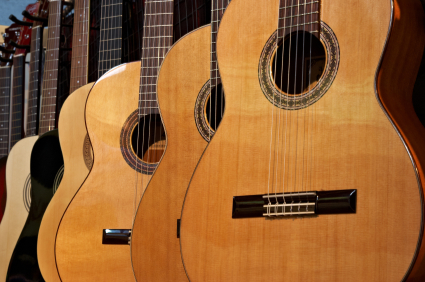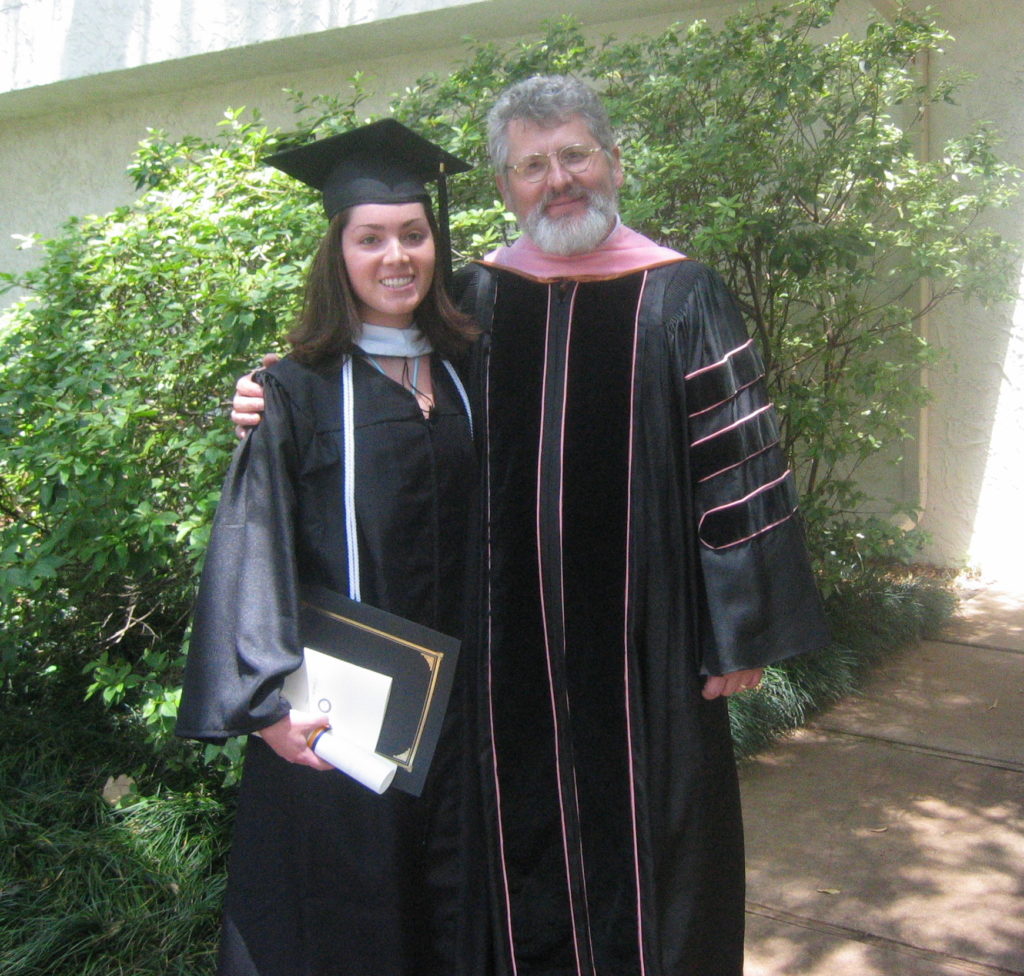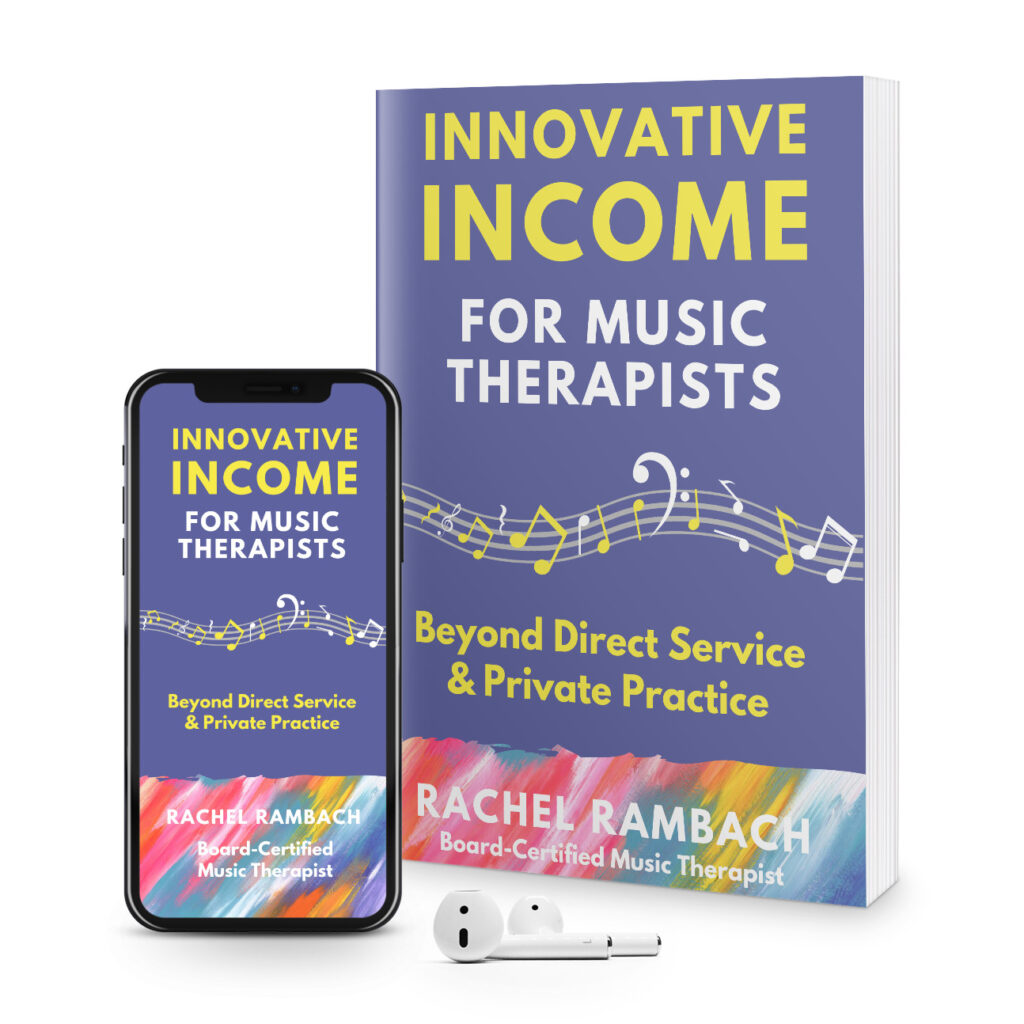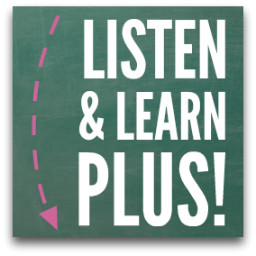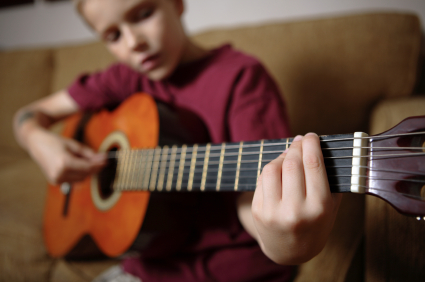
This is the second of a two-part article series by guest author Aaron Schulman. You can read part one here.
In the previous article of this series, we discussed the importance of music in developing cognitive abilities in young children. Now let’s take a look at some practical ways or methods to implement the process in your own home. Whether your goal is to simply enrich your child’s learning abilities with music, piano or guitar education, or whether you aspire to help him or her become the best beginner acoustic guitar player he or she can be, these ideas can help set a normal and quality foundation.
The age of the child is of great importance to how you teach a musical instrument. As a child grows, so will his or her attention span. Studies show that simple instruments, such as a keyboard or hand drum, can be played by nearly any child who can follow simple directions. However, a very young child would not have organized lessons, nor would the teaching last long. It is important that the first lessons be fun and stimulate your child’s interest in music.
As the child matures, lessons can last longer and become more structured. A rewards system, such as short breaks with a special, healthy snack in the middle and end of the lesson, may work well with younger children. For older children, they will be able to see the progress they are making as a reward in and of itself. Intrinsic motivation can be built up as a child begins to get satisfaction from the sheer process and enjoyment of learning music.
But for a child at any age, time spent with a parent learning about an instrument is valuable. For example, you may show a drum to a one year old, and teach them how to say the word drum. This will help develop interpersonal and language skills. As the child learns to tap out a rhythm, they are learning musical and kinesthetic (body movement) skills. For an older child, figuring out tempo and patterns and learning to read sheet music can help develop mathematical skills and self-confidence.
Make sure to encourage your child in his or her process, and remember that each child is an individual who learns his or her own way. Even siblings will not learn at the same pace (so be sure to adjust the details of the learning process to suit individual personalities). A younger child may learn a certain instrument more quickly than an older child. One twin may have an ear for rhythm while the other does not. That’s okay and should be expected as the “norm”. Each child will have differing strengths in each of the seven Multiple Intelligences (learning styles.)
As you may recall from the first part of this series, these seven areas are:
- Linguistic (verbal and written communication)
- Logical-mathematical (logical analytical skills)
- Visual (spatial-creative thinking in abstract ways or dimensions)
- Bodily-kinesthetic (using coordinated body movements to accomplish tasks)
- Musical (musical talent and ability)
- Interpersonal (development ability to work well with others)
- Intrapersonal (development of internally oriented tendencies)
A child’s intelligence cannot be measured by focusing on one single area, rather all areas and learning styles must be considered for a complete assessment. And, don’t forget that it is more important to stimulate your child’s brain development with structured variations and challenges in the lessons in music rather than to simply make sure that the child perfects every lesson within a specified time.
The choice of instrument is important as well. Your toddler or young child will not be able to handle a full-sized guitar or even a ¾ size guitar with effectiveness (it may cause more frustration at too early an age as well). With a younger child, a keyboard or piano is a good place to start. As the child grows, he or she may “graduate” to a child-sized mini guitar. The lessons they learn on these smaller instruments will follow them into adulthood and perhaps even promote a lifelong passion for music.
All in all, even if your youngster doesn’t grow up to be a modern day Mozart, you can rest assured that the musical training he or she received as a child helped develop learning styles and skills that will be utilized throughout life.
About the Author: Aaron Schulman developed a passion for playing acoustic guitars over twenty years ago, and continues to enjoy playing, teaching, studying the guitar and writing guitar reviews, like a recent one on the Baby Taylor. Aaron has made it a personal goal to help others find their own “fit” in an acoustic guitar within their personal budget and goals. You can read more reviews, including one on the Taylor 110 e at Strumviews.com.

